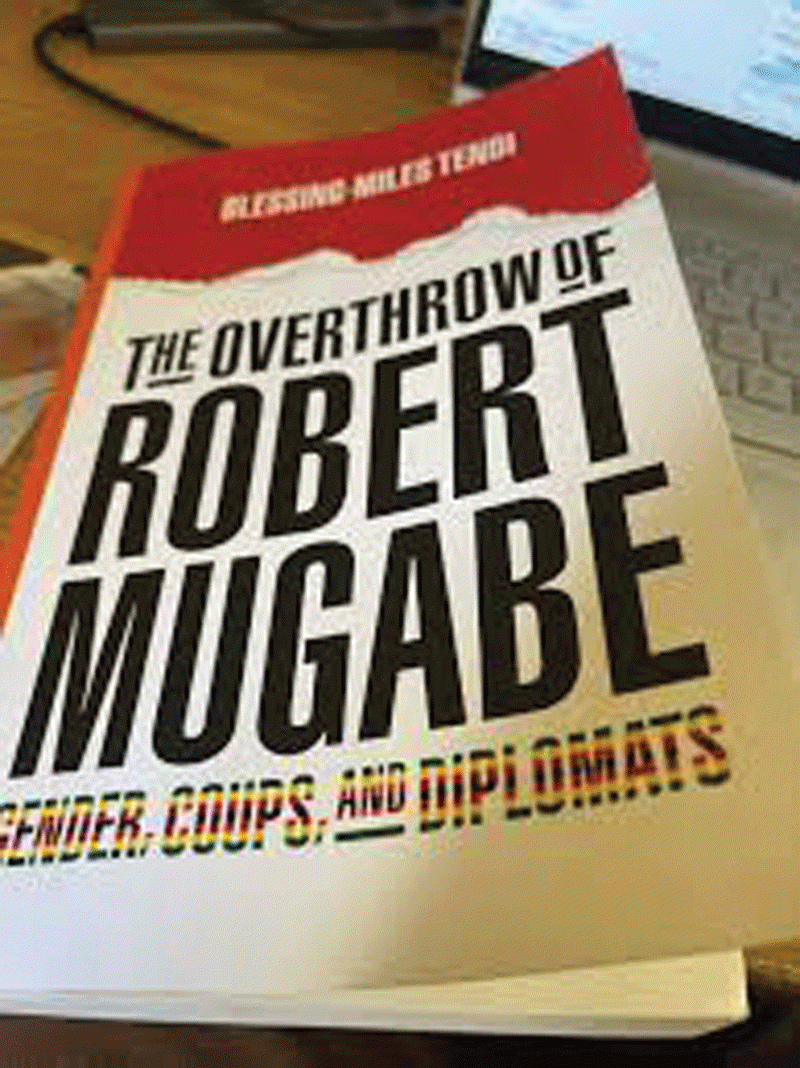
The National Economic Consultative Forum Taskforce in a new report says the sector desperately needs close to US$50 million capital injection to boost capacity and for the refurbishment of obsolete machinery.
“Several challenges are hindering local pharmaceutical companies from playing a significant role in improving the availability of affordable essential medicines to the public, including low capacity utilisation, which has not changed much at an average of 25%.
“Lack of long-term credit lines, which is essential for increased capacity utilisation, and reduction in prices significantly by about 80% and high interest rates in the country are the other challenges,” reads part of the report.
For the pharmaceutical industry of any country to succeed, it requires at least 60% of its production to be consumed by the public sector. The National Pharmaceutical Company, which buys all public sector requirements, has not been buying medicines for the past four to five years in any meaningful quantities.
The industry is a major player in the country’s health delivery system through the provision of affordable, safe, effective and quality medicinal drugs. It is also a key component in the restoration of the country’s health delivery system to its past levels.
Once second only to South Africa, it has now slipped down to number five on the continent.
Some of the causes can be traced down to policy shortcomings that if addressed, can see the industry registering phenomenal growth in a short space of time.
- Chamisa under fire over US$120K donation
- Mavhunga puts DeMbare into Chibuku quarterfinals
- Pension funds bet on Cabora Bassa oilfields
- Councils defy govt fire tender directive
Keep Reading
The sector is being seriously affected by infrastructural challenges, resulting in services being disrupted and becoming unreliable.
This applies to electricity, water, telecommunication systems, rail, road and sometimes air transport.
“An uneven playing field in the local market in that medicine imported as finished packed products attracts zero duty while packaging materials imported by a local manufacturer attract varying levels of duty. This makes the pharmaceutical sector a laughing stock of any industrialist made aware of this disparity,” the report added.
The main foreign competitors are Indian companies, who enjoy generous incentives from their government of 25% for exporting to a country like Zimbabwe.
Zimbabwe exports pharmaceutical products to Botswana, South Africa, Namibia, Zambia, Malawi, Angola, DRC, Tanzania and the West Indies among others.











